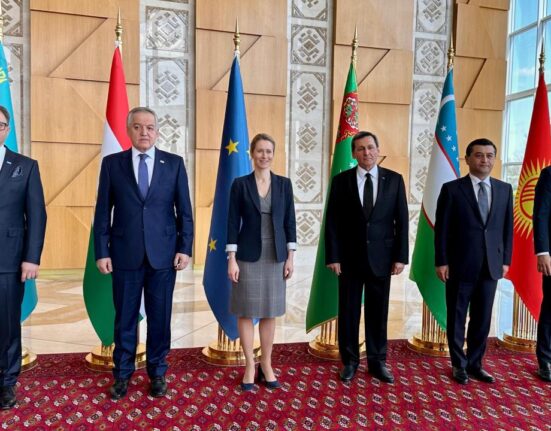From March 14 to 20, the Uzbek Ministry of Investment, Industry, and Trade organized the second monitoring visit of the European Commission delegation to Uzbekistan as part of the GSP+ system.
In April 2021, Uzbekistan was granted beneficiary status under the Generalized System of Preferences Plus (GSP+). This status allows the country to export more than 6,200 types of goods to the European Union market without customs duties.
Leveraging these opportunities, Uzbekistan’s exports to EU countries reached $1.4 billion in 2024, nearly tripling over the past four years.
Beyond offering trade benefits, the GSP+ system also imposes obligations on beneficiary countries. Uzbekistan is required to comply with 27 international conventions ratified under the GSP+ framework. In accordance with EU regulations, the European Commission monitors beneficiary countries’ adherence to these conventions.
The purpose of the visit was to discuss plans for further harmonization and simplification of trade procedures in line with the implementation of 27 international conventions ratified by Uzbekistan to maintain its status as a beneficiary of the GSP+ system. Additionally, the visit aimed to explore measures to expand bilateral trade.
European representatives acknowledged the reforms undertaken under the leadership of the President of Uzbekistan. These include the development of a state system based on human rights guarantees, large-scale initiatives to stimulate entrepreneurial activity, efforts to enhance economic transparency, and improvements in the population’s standard of living. These reforms are expected to further strengthen bilateral cooperation.
At the conclusion of the visit, the European Union’s Ambassador to Uzbekistan, Toivo Klaar, emphasized that the GSP+ beneficiary status remains a key instrument for diversifying trade and economic relations between Uzbekistan and the EU.
During negotiations, the Ministry proposed measures to simplify trade procedures, ensuring the effective use of GSP+ benefits and aligning local products with EU requirements.
Following the meetings, an agreement was reached with the European Commission to enhance cooperation within the GSP+ framework, implement bilateral initiatives to streamline trade procedures, and integrate international convention requirements into national legislation.




